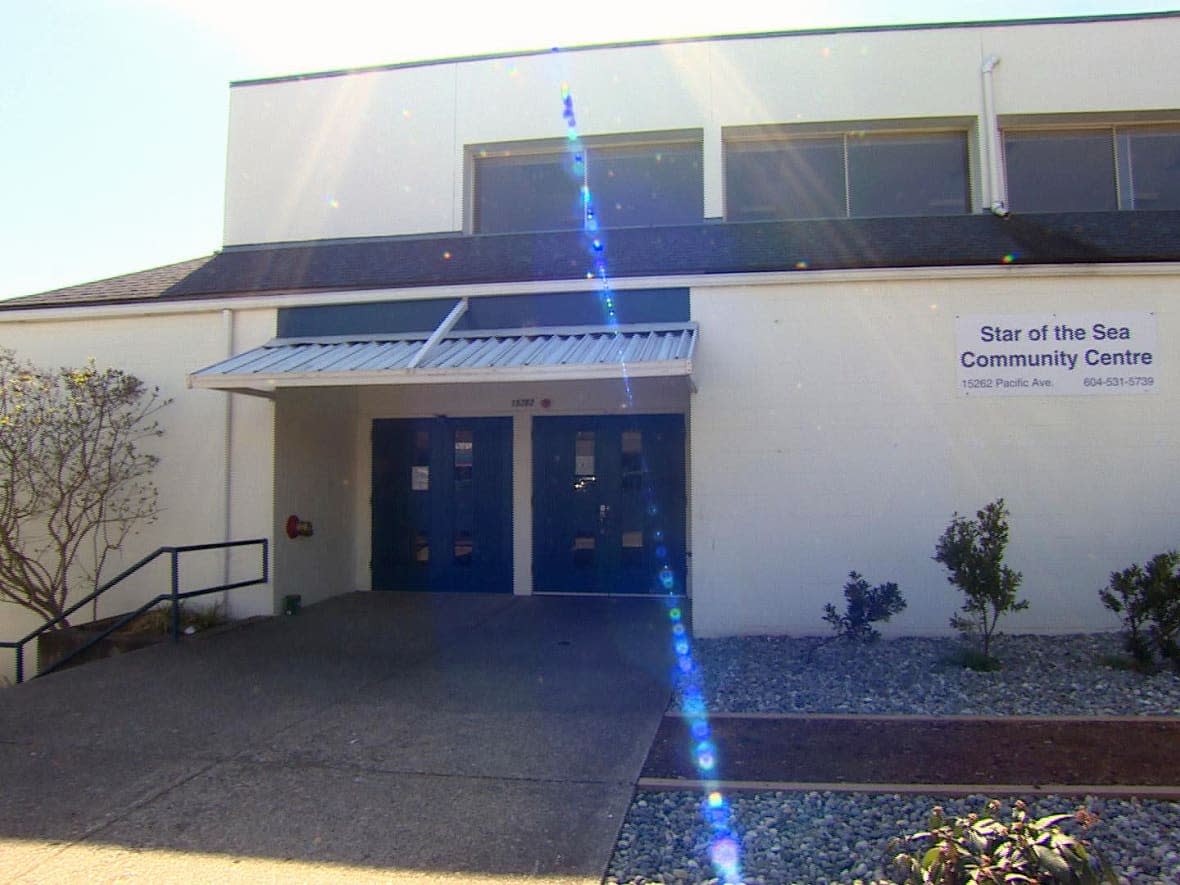5th group granted intervenor status in discrimination hearing between pride society and local parish

A human rights complaint between a pride society and a local Catholic parish has now grown to include five different organizations acting as intervenors.
In June 2019, the White Rock Pride Society filed a human rights complaint against the Star of the Sea Parish of the Roman Catholic Archdiocese of Vancouver.
Since then, five different groups have filed and been approved for intervenor status, the latest being the Canadian Secular Alliance (CSA), an organization that attempts to advance the separation of state and religion, as well as the neutrality of the government in matters of religion.
The role of an intervenor in a human rights tribunal is to help the tribunal member make their decision by providing context to the argument, adding different perspectives, and helping them understand the impact the tribunal's decision could have on affected individuals and groups.
Though intervenor applications are a common practice at the B.C. Human Rights Tribunal, a quick review of the caselaw over the last five years reveals that only five other complaints have moved forward with intervenors approved and none of them had five or more intervenors.
Allegations of discrimination
Back in 2019, White Rock Pride Society president Ernie Klassen attempted to rent a hall at the Star of the Sea Community Centre to host a dinner-and-dance fundraiser for a camp that supports LGBT youth.
Klassen's request was denied and he was told the pride society does not align with the values of the Catholic Church.
In the complaint, Klassen alleged the society's members were discriminated against based on sexual orientation.
The Parish attempted to have the complaint dismissed, but a tribunal member dismissed the application stating that the Parish failed to establish that the complaint had no reasonable prospect for success.
5 intervenors
The complaint is set to be heard in January 2022, but the list of intervenors continues to grow.
Earlier this week, the Canadian Secular Alliance (CSA) joined the previously approved intervenor list that included the B.C. Humanist Association, the Canadian Centre for Christian Charities, the Evangelical Fellowship of Canada and the Christian Legal Fellowship.

The CSA argued it would help the tribunal by making specific arguments concerning the parish's defence that it had a bona fide reasonable justification (BFRJ) not to rent the hall to the society.
A BRFJ is a defence available to respondents under the Human Rights Code, granted they meet its requirements.
"There will be no prejudice to the parties and the intervention will not take the issues away from the parties," said the CSA, according to the decision.
The society agreed to the intervention, however, the parish opposed it.
"The proposed submissions are irrelevant and would unnecessarily broaden and confuse the proper scope of the hearing," argued the parish.
"The CSA lacks relevant experience, has no direct interest in these proceedings, and that its submissions and perspective will not assist the Tribunal."
Intervenor status approved
When considering an application, the tribunal member must determine whether the intervenor is likely to make a useful contribution.
The CSA argued in its application that it did have a genuine interest in the case in ensuring that "religious actors do not receive any special treatment or preference under the law, including when the BFRJ test is applied to them."
It added that its submission would be from a secular perspective.
Tribunal member Kathleen Smith ultimately approved the society's application, agreeing that how the BRFJ test is applied is an issue specific to this case, including what constitutes reasonable accommodation when there are competing rights.


